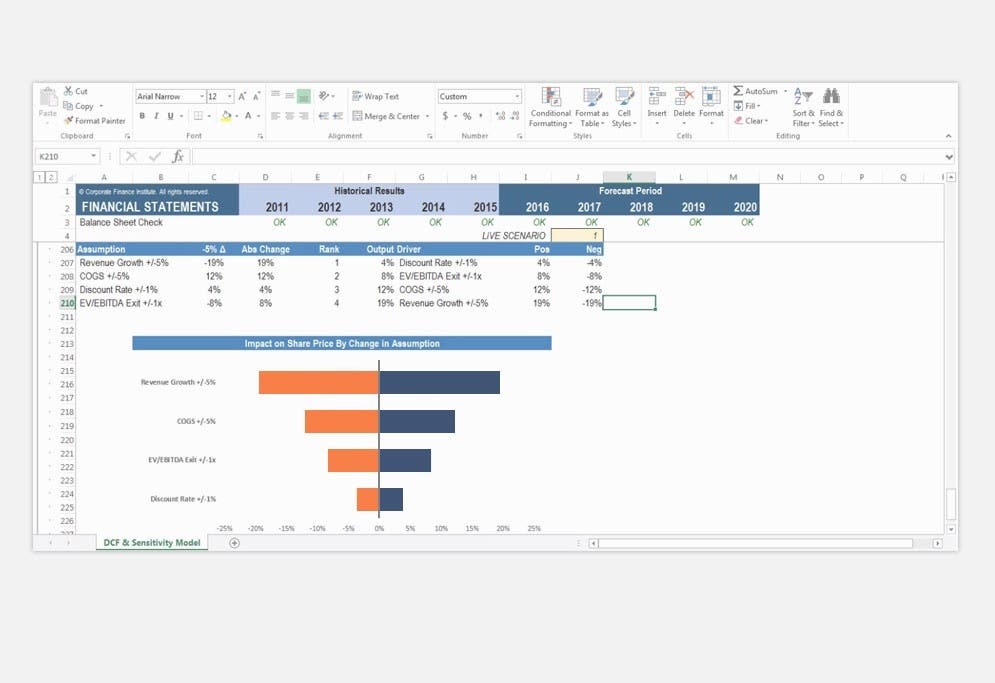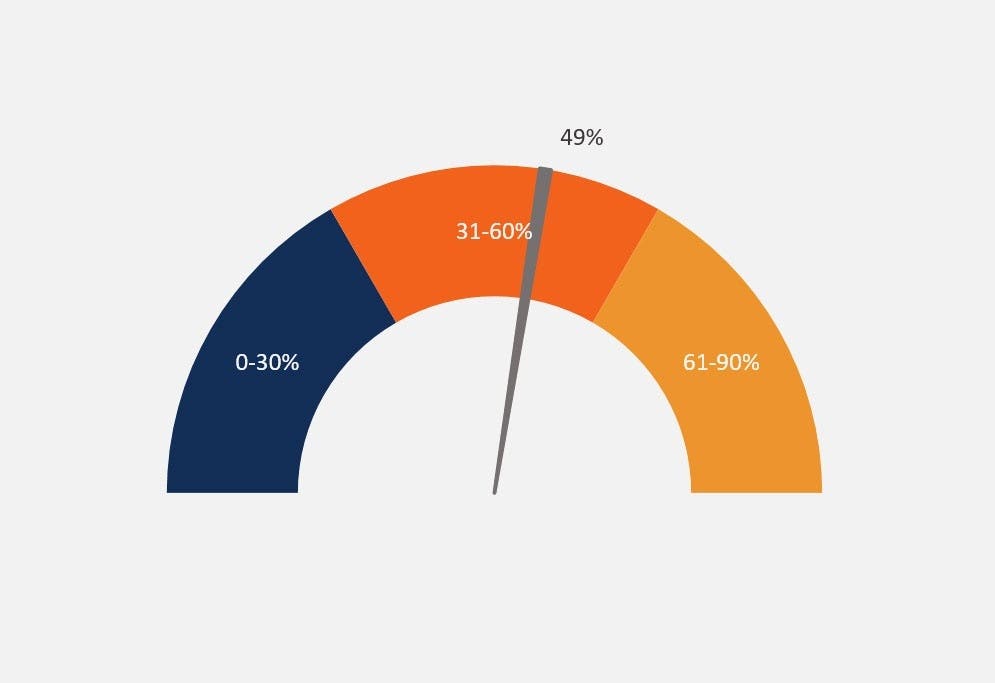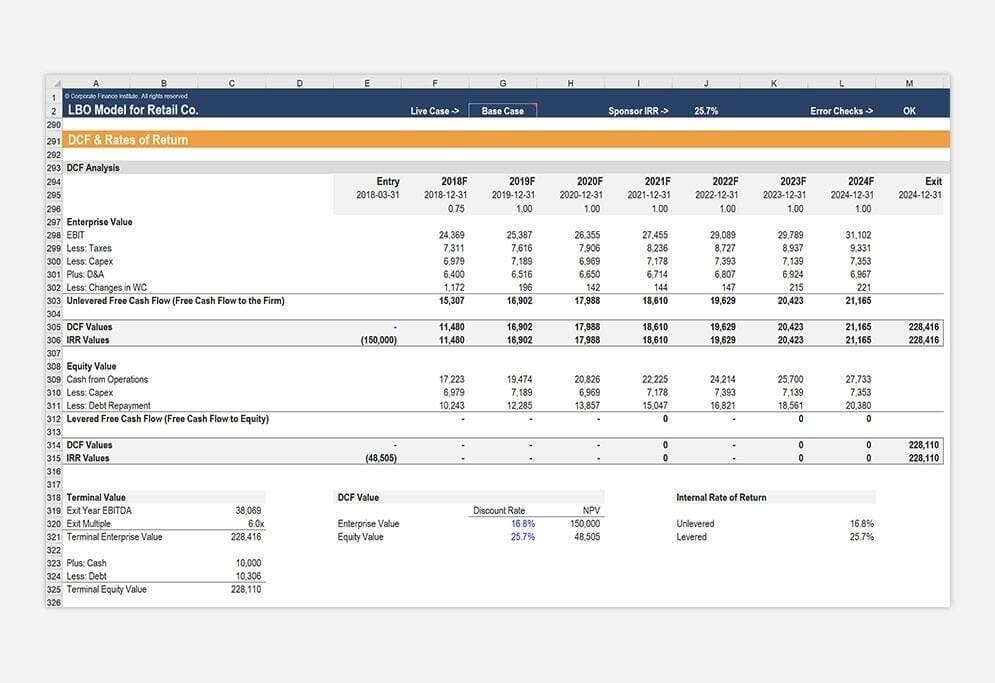What’s New CFI: ESG Risk Management
In this episode of FinPod, we discuss a recently published course on ESG risk management. We explain the evolution of ESG from environmental health and safety to corporate sustainability and social responsibility, emphasizing its current role as a management framework for addressing environmental, societal, and governance risks.
We cover fundamental concepts of ESG, headline risks, and examples of companies that have managed these risks well or poorly. We also touch on the growing importance of ESG in investment decisions and the rise of ESG auditing.
This episode offers advice for aspiring professionals looking to enter the ESG field and underscores that ESG is a lasting, essential aspect of business management. Tune in for valuable insights from a leading expert on ESG risk management.
Transcript
Asim (00:14)
Welcome to the What’s New at CFI Podcast. I’m Asim Khan and I’m joined today by my colleague Noah Miller, who is CFI’s resident expert on all things ESG. Noah, welcome to the podcast.
Noah Miller (00:27)
Thanks for having me, excited to be here.
Asim (00:29)
Well, it’s always great to have you. And our subject for today is the course that you published on ESG risk management. I had a chance to go through it recently. It’s super informative. And I guess the first question I have, you know, someone who’s coming at this from a novice’s point of view or ESG is concerned is it seems ESG is ubiquitous these days. Is this something that I’m late to catch up on or has this been going on for a while?
Noah Miller (00:57)
Yeah, well, ESG risks have certainly been manifesting for a while. Have we been addressing them? That’s a good question. ESG has been around for a while in terms of its evolution from environmental health and safety, and then to corporate sustainability, to social responsibility. And now we’re in the age of ESG, where it’s really framed as a management framework for managing the risks and opportunities of
the changing environment, right, changing societal expectations and stakeholder needs, and what that requires of companies to manage those changes. So it’s been going on, but now it has become, you know, from the fringes into the mainstream as a business concept in a management framework.
Asim (01:42)
Okay, so let’s go to the very fundamentals, and I mean basics. So what is E, what is S, and what is G?
Noah Miller (01:49)
Great question. E stands for environmental. So that refers to how a company manages their impact on the environment and use of natural resources. S, social. So social issues. And it really comes down to how do you engage and create value for your stakeholders, right? For your customers, your employees, your suppliers, your vendors, your employees, et cetera.
And then GE governance, right? How is a company managed and led? The policies and protocols that reflect a company’s leadership. So that’s the quick and dirty of what are these acronyms and together they comprise ESG.
Asim (02:27)
And what are some of the, let’s talk about headline ESG risks. So if you could give us a couple of examples of maybe large corporates that mismanage that risk and suffered some sort of consequence for it, and conversely tell us perhaps some folks who’ve done it right, you know, and have not paid the price. So go ahead, I’ll leave that to you. You must have some choice examples.
Noah Miller (02:39)
Mm-hmm.
Yeah, yeah, so this isn’t necessarily corporate, but I think it’s just the most recent really big example of climate risk is the destruction in Hawaii, in America, and the $11 billion of damage from wildfires that ultimately come down to climate risk. That’s a bad example of not addressing the long-term risk of climate change.
In terms of social issues like labor management, I mean, you think of UPS, the UPS labor strikes that cost them something like, you know, something in the 8 to 10 billion for a week and a half of no operations because of the labor strikes. So you see that.
These are very expensive risks to not manage. Some other really famous examples of governance blunders are Wells Fargo over the years, where aggressive sales tactics, lack of controls and oversight, all of the reasons why they’re getting dinged in regulator fines over and over again. That comes down to a very good manifestation of poor governance practices.
So, folks that are doing it right, I hate to say that I haven’t seen a lot of great examples of folks doing it right, but I do believe that companies are starting to recognize that these are very expensive risks to ignore. You think of other transition climate risks, things like Goldman Sachs has gotten fined by regulators for not following their own ESG policies around energy investing.
The DWS chief of Deutsche Bank, right, his office was raided by the SWAT team, something like 30 million in remediation costs to the regulators. So you have all these examples of if these risks really go north, they are incredibly expensive for the company and reputationally just incredibly damaging to the people behind it.
Asim (04:55)
I think what I’m getting from all this is, and I may be wrong, is that we’re going from what was once a unipolar corporate world where all the power, say, was with the corporation, and it’s now being devolved to employees, communities, regulators, other stakeholders in the activities of the corporation. Is that, am I kind of close?
Noah Miller (05:18)
I think that’s a very fair statement for sure, right? And after the post-COVID world where the great resignation, the talent wars, exactly like you said, more and more employees felt empowered to be able to make these choices of, I’m not going to work for places that don’t provide the welfare that we expect.
And you saw things like the auto strikes, right? The United Auto Workers strikes that costed many auto workers tremendous amounts of money from that production downtime. So you’re absolutely right. The power dynamics are really shifting and there is this groundswell of employees are gonna be your loudest critics or your greatest fans. And it really depends on how you engage and create value with them.
Asim (06:04)
And on a basis that’s a bit more removed from that, I saw something recently in the news where large investors weren’t investing in the equities of certain companies that didn’t have strict ESG protocols or maybe weren’t the best at following ESG protocols. We see that as well on what we call the buy side of the investment world.
Noah Miller (06:29)
Yes, for sure, for sure. It’s becoming more and more common practice that ESG due diligence criteria are becoming central to a investment thesis or a loan allocation or the credit terms. And we at Roe Impact do a lot of that work. So we’re seeing it in real time in the way that companies that used to be a little bit more boutique or considered more progressive.
We’re the ones doing this, but now it’s becoming a mainstream expectation to satisfy your own stakeholder requirements as a finance lead, as well as the folks that are asking for funding.
Asim (07:08)
So I mean, it’s plausible, or maybe it’s already happened, that somebody like Blackstone says, yeah, we like this stock, but the ESG protocols aren’t exactly where they should be. So these present unknown risks to our potential stockholding. So therefore, we can’t invest, or we could pending some sort of rehabilitation of the ESG protocols.
Noah Miller (07:30)
Right, right, that’s typically how we’ve seen, and I’ve seen in my experience, how investors, financiers are interacting with companies is you don’t meet our criteria, we like everything else, so we’re gonna provide an action plan for you in terms of what expectations we have for you to meet in order to continue working with us.
So it’s definitely some spectrum of hard, we’re not working with you unless you meet these criteria today. But it’s definitely getting to the point where even if you’re a small vendor to some of these companies, you still have to be able to show your receipts for doing this work and that you can provide that data.
Asim (08:08)
And I suppose this has given rise to sort of a cottage industry around auditing or verifying ESG scores for companies.
Noah Miller (08:17)
For sure, for sure. I’d say the ESG rating game, which is going through its own crazy evolution in regulatory tightening.
There is a lot of business out there around chasing those points and advancing those scores because of those decisions you just mentioned and being able to essentially paint the best picture for a financer around what you’re doing. So there is this emerging ESG rating advancement world. Now, is that helping everyone? That’s another podcast topic, I think, but it’s certainly informing the decision-making of the folks doling out the capital.
Asim (08:56)
Right. Okay. And one bit about your course I enjoyed was some of the amused by some of the language. There’s new terminology that’s developed around a serious subject. Things like the say to do ratio, right? Social license to operate. Say to do is basically if I get to paraphrase, it’s put your money where your mouth is, right?
Noah Miller (09:09)
Mm-hmm.
Very well said. Yes, yes, exactly right. And it’s that, right, it’s that say do ratio. If it’s not tight in terms of those big public statements and then those big actions that show you’re doing what you say you’re doing, that is the greenwashing alarm bells going off for, you know, the broader public, your stakeholders. So yeah, that’s right. Put your money where your mouth is or you could be in, you know, hot water.
Asim (09:41)
Right, and here’s one thing, one question that came to my mind, because a lot of our learners at CFI are not only practicing professionals, but they’re also aspiring professionals. Okay, so if you have a university student, for instance, who’s interested in a career in ESG, what are some, and how do you find your way into this area of the profession?
Noah Miller (10:08)
Yeah, yeah, well, up until recently, there was a huge ESG hiring boom just across the board. I think statistically, or at least the headlines are saying, it’s slowed down a bit. But ultimately, I think it’s really, you know, how do you get in? It’s becoming how you get in with any other job at this point. I think it’s the foot, you know, you got a network to get work, as they say, and
from my experience, HR leaders are still getting familiar with what exactly are the capabilities in skill sets and academic background that would fit this role. So that is one inherent challenge, but I think folks that are able to…
essentially, break down these topics and speak to them in a digestible way. Essentially getting away from the more abstract, more fluff, more values, philosophical underpinnings. I think those are the folks that are gonna have a lot more success getting in there because at the end of the day, ESG is about effective management. It’s not about your personal value system.
So I think it’s folks that are able to make that connection and really speak to it clearly, regardless of where they want to end up in a company, are going to be the ones that will get those roles. Because they’re going to need to be able to speak the commercial language to be able to move those things forward internally anyway.
Asim (11:12)
Got it.
No, got it. That’s great. And by your lights, this is not a flash in the pan. It’s not today’s trend. ESG is here to stay. There’s a trajectory here.
Noah Miller (11:40)
Absolutely, absolutely. The name may change, but we’re still going to have crazy amounts of storms and flooding and wildfires. People are still going to need to be treated with respect and dignity and a living wage. And it’s still going to require management teams to address these range of competing, both business priorities and stakeholder expectations, regardless of what we call it. So I hope it’s just a good business is what we’re calling it soon.
Asim (12:09)
Excellent. And with that, I thank you so much for your time and your insights, Noah, and we look forward to seeing you again. Always a pleasure.
Noah Miller (12:15)
Thanks for having me.





